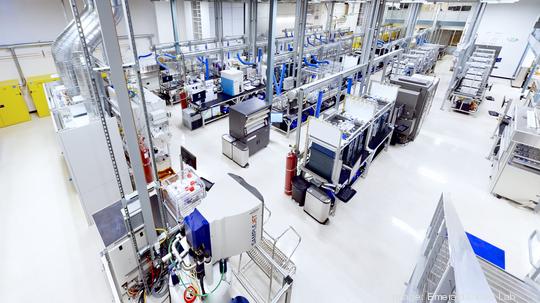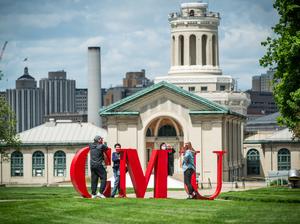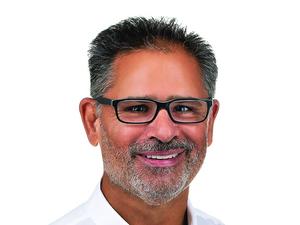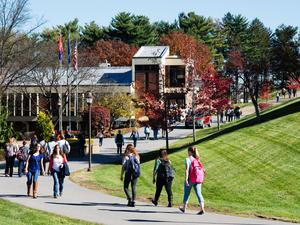
At the end of August, Carnegie Mellon University announced plans to build the world's first cloud lab in an academic setting, with the goal of allowing for remote-controlled, artificial intelligence-driven experimentation to commence 24 hours a day, every day of the year. The new lab, expected to cost $40 million, is just one of several large-scale investments CMU is making to its state-of-the-art science facilities, which total an estimated $250 million in investments. To build out its future lab space in Bakery Square, CMU is partnering with San Francisco-based Emerald Cloud Lab (ECL), a company founded by CMU alumni Brian Frezza and DJ Kleinbaum. The Business Times spoke with Frezza and Rebecca Doerge, dean of the Mellon College of Science at CMU, which is overseeing the development of the cloud lab, to learn more about how it will benefit the region and impact the core of scientific research itself.
In summary, what is it that this remote computer lab can do?
Doerge: The whole concept is to imagine having every instrument for biology and chemistry wet lab under one roof connected together by software and by robots so that they interact with each other. The work is done with very little human interaction, and then on top of that, the software also includes the ability to design your experiment at your computer and you submit your experimental plan via computer code. The instructions for your experiment are conducted in this lab, and the results are beamed to the cloud and then back to you anywhere in the world.
This is a facility that takes all the human repetition out. Scientists spend a lot of time standing at the bench doing repetitive tasks with test tubes, and I joke that robots don't need to eat, sleep or (go to the bathroom), and they don't get tired. This facility can operate 24/7, 365 and the ramifications of that, if you think about it, are very extreme.
Frezza: And I would add stuff like fundamental things in human research, running chemical reactions, purifying compounds, studying biophysical interactions. Those are the kinds of things people do in laboratories like this. It's very much life science and material science-heavy right now. That's the type of equipment that's available in the lab for people to use.
If this stuff is all digitally available to everyone at the university, that's a total game-changer when it comes to what research can get done. Usually, your actual laboratory has to build up over a good 10, 20 years before you can really do the experiments you want to do in the typical world. But in this world, on day one, you just have digital access to this whole thing. And this is a much bigger and nicer facility than you're going to get access to individually, any individual professor could get access to it, right. It's just shared amongst everybody.
What is the business model of this lab?
Doerge: The business model for the CMU Cloud Lab is 80% to the university for research and teaching and outreach to under-resourced smaller colleges that we have relationships (with), and 20% is being saved for the life sciences ecosystem of Pittsburgh. Our hope is to support the startup world of Pittsburgh and life sciences in Pittsburgh. There's a need for wet lab space, it's very expensive. … Giving 20% of the cloud lab access to these folks, they can then figure out if their product is marketable at a much faster rate. We're going to support the wet lab. We're going to support the computing. And they don't have to rent space. They don't have to fill it out. We really want to support the life sciences ecosystem in Pittsburgh, and we think that that's how it's done.
Frezza: (As a starting company), you have this barrier to entry where you have to raise enough money to pay for equipment, for a facility. To build it in the time it takes to do that, that's six months to a year and a minimum of $3 million to $5 million, in some cases, more like $10 million, that you need to build out in equipment before you can get anywhere. And that doesn't get you any new intellectual property, that doesn't advance the field at all. That's just pay-to-play to get started. And then once you have that, now you can start doing the cutting-edge research. So by taking that and turning it into a shared facility that folks in Pittsburgh can use as they start their own companies at CMU, that's a total game-changer for startups as well because it means, especially on the early side, before anyone's raised money and they don't have to stare down the barrel of that gigantic raise and all that time to get started, they can just start doing their research tomorrow.









